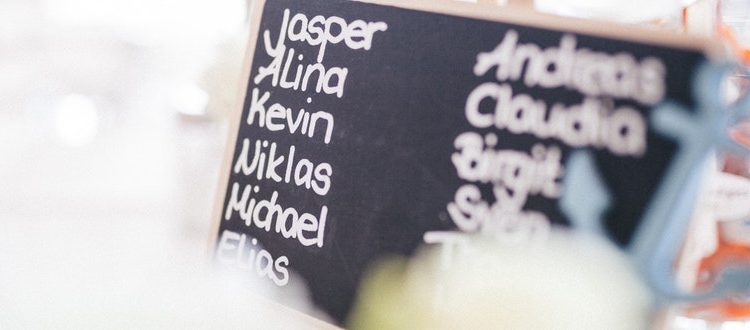How to Write a Good Academic Biography (Part 2)

Writing an academic biography is part of many academic activities. Whether your paper is accepted in a journal or you’re asked to present your findings at a conference, you will be required to submit a biography. How would you begin writing? How long should it be? What should you include? The following article is in continuation of the article ‘How to Write a Good Academic Biography–Part 1’.
Structure
In a short biography, you will be limited to just a few sentences or a short paragraph. It is important that you include just the basic information about yourself. One of the main objectives of a biography is to emphasize your accomplishments. This will provide the reader with an overall idea of your background. This information need not be too detailed. Additionally, a biography is written in the “third person.” This means that you should avoid using “I” and present yourself as though you are reading someone else’s biography. The sentences below provide examples of the appropriate format.
Starting with the basic information about yourself and include the following:
- Full name: How often do you write your full name? There could be others with the same name and you want to distinguish yourself from them.
- Position: Your position at your academic institute lets the audience know more about your background and interests. If you are a graduate student, it will be impressive that you have been asked to present your research or that you have been published.
- Institution: It is important that you acknowledge your organization or institution.
This information should be presented in a prose format in the actual academic biography, not bulleted as here. For example, the piece might begin with the following sentence:
“Joseph Tiberius Schmoe is a doctoral candidate at the University of Minnesota.”
You can follow this introductory sentence with information about the main areas of your research. For example:
“Mr. Schmoe conducted research on the social structure of the Bonobo monkeys (Pan paniscus) in the Congo Basin of Central Africa.”
After these introductory sentences, you can add other details, such as how long you’ve been studying the species. You can add a hypothesis and how your research differs from that of others. You might also include some research milestones.
Short academic biographies are usually about 35–50 words. However, long biographies can range from 100 to 400 words. These would include more detail and the context would be different. For example, in a longer biography, you might include the following:
- Academic degrees
- Specific academic projects
- Awards and/or honors
- Published pieces
- Personal interests
- Hobbies
- Background
Longer academic biographies can be used on a personal website or be a part of the job application. This is usually not the format for conferences and seminars.
Know Your Audience
Although you must limit your biographical information, you can still gear it towards the audience or reader. Keep in mind the following three specifications:
- Your audience: Who is going to read your biography? Are they conference attendees or funding sources?
- The context: Will the biography be printed in a journal or in a conference proceeding? Will it be posted on a university or corporate website? Wil it be shared in events such as disciplinary conventions. Read biographies of your peers for reference.
- The purpose: Why are you being asked for a biography? Are you meeting with other researchers in the same field? Are you meeting with clients or funders?
These three main points will help you choose the information that would be most relevant to those reviewing it. It will also help you create a specific writing tone or style for that audience.
What Not to Do
You don’t have much space to write about yourself so make it count. Be sure that you are succinct and relevant. The following should be heeded:
- Avoid using humor. In short biographies, there is no space for it but be careful with it even in long biographies. You can include some humorous stories aside from your biographical information on your webpage.
- Avoid very personal information. This is especially important at a conference. Your first impression is important and you want people to remember you for your accomplishments. Be professional.
- Avoid providing too much information. Present the information concerning your current position, research, or employment. Information about your past, such as high school, is not necessary.
Remember to keep your writing somewhat formal.
A colleague of yours is asked for a biography for a conference in her field of study. She has attended several prestigious universities and has conducted many research studies. She was also a Peace Corps volunteer and a medic for Doctors without Borders. She would like to list all of these details because she believes that they are important. How would you advise her?





